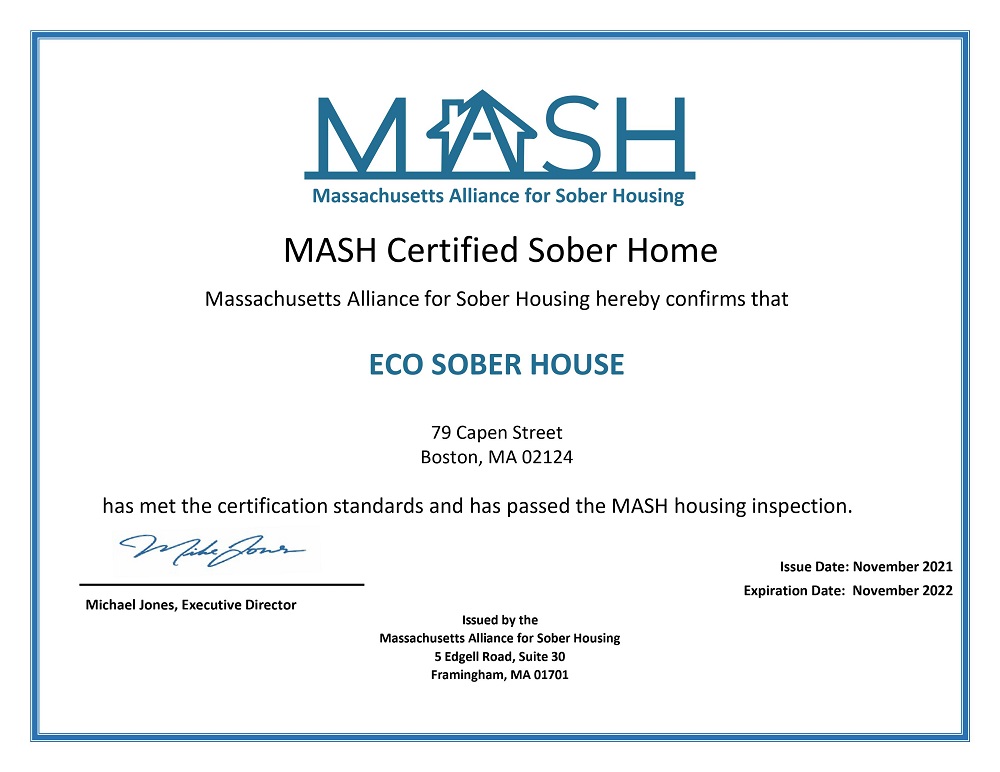It could also reverse the effects of the blood thinners, increasing the risk of dangerous conditions like heart attack or stroke. Antiplatelet medicines are used to stop blood clots from forming. They are a group of drugs that stop certain blood cells (called platelets) from clumping together and forming a blood clot http://dumso.ru/news/dumso-i-rodnik-gotovyatsya-k-festivalyu-blago-daryu.html to help stop bleeding. For those on blood thinners, it’s crucial to consult with a healthcare provider to understand personal risks and receive individualized advice on alcohol consumption. Some may need to limit their intake more severely or abstain altogether, depending on their medical history and treatment plan.
Aspirin and Alcohol
Potential side effects of dong quai include sensitivity to sunlight, gas, burping, and hypertension (high blood pressure). Dong quai is a traditional Chinese herb used for a variety of health conditions, including menopausal and menstrual symptoms, migraines, and heart disease. It is a member of the same plant family as celery, carrots, and parsley. Antiplatelet drugs are mostly given to people who have atherosclerosis. Atherosclerosis is a type of heart disease wherein plaque builds up in the arteries’ valves. Vitamin K antagonists work by stopping vitamin K clotting factors in the blood.
- If you don’t treat it, you are at a higher risk of having a stroke.
- That said, moderate use of alcohol may have the opposite effect.
- If another doctor orders a new medicine for you, tell the doctor who ordered your blood thinner because dose changes for your blood thinner may be needed.
- Addiction Resource is not a healthcare provider, nor does it claim to offer sound medical advice to anyone.
- Drinking alcohol in moderation may have a protective effect on your blood vessels.
- Alcohol affects liver function by causing an accumulation of fat, which can lead to inflammation and, eventually, scarring of the liver tissue.
Eating foods with too much vitamin K
The combination of alcohol and Eliquis is generally considered safe, if moderate. Alcohol thins the blood by increasing the activity of clotting factors like factor VII, leading to a higher risk of blood clots. Other side effects can vary depending on the specific type of blood thinner used, but they may include nausea, diarrhea, and bloating. Regular monitoring by healthcare professionals is essential to manage these side effects and adjust dosages as needed. For further guidance on managing the side effects of blood thinners, patients are encouraged to consult their healthcare providers. Always talk to your healthcare provider before trying new natural products or dietary supplements.
Understanding the Risks of Mixing Alcohol with Blood Thinners

This includes cinnamon, ginger, garlic, turmeric, and vitamin E. If taken together, aspirin can interact with certain blood thinners by enhancing https://kochmeister.ru/sozdanie-dachnogo-landshafta-svoimi-rukami-vazhnye/ bleeding risk. Therefore, if you are on other blood thinning medications, talk to your healthcare provider before starting aspirin.
Can people drink alcohol while taking blood thinners?
- Short- and long-term alcohol use has different effects on the blood.
- As females retain more alcohol in the bloodstream than males, they are at higher risk of developing problems from combining alcohol with medications.
- They may be able to advise you on how often and how much alcohol you can consume safely.
- You need to be careful when you use knives, scissors, razors, or any sharp object that can make you bleed.
Like meat, their vitamin content depends on the animal’s diet, and specific values may vary by region or producer. Alcohol can thin the blood for several hours after consumption, with effects varying based on individual metabolism, alcohol quantity and other factors. Below are answers to common questions about whether alcohol may thin the blood. People can speak to their doctor if they think they or someone they know may have AUD. Additionally, the National Institute on Alcohol Abuse and Alcoholism (NIAAA) offers guidance on finding treatment and support for AUD. The researchers measured the heart functioning of the rats with radiotelemetry, echocardiography, and molecular studies.

Vitamin K is found in leafy greens, other foods, and some supplements. Herbs and supplements that act as natural blood thinners shouldn’t replace blood-thinning medications. Ask a healthcare provider how to use herbs and supplements https://languageandmemory.net/explore-the-limits-of-science-fiction-with-these-futuristic-prompts/ as natural blood thinners safely. People ages 40 to 59 who are at a high risk of developing heart disease and have no increased risk of bleeding may benefit from taking daily low-dose aspirin to prevent heart issues.

You deserve excellent care and a rewarding life in recovery.

When you cut yourself, that’s what seals your wound and keeps you from losing too much blood. So even tiny cuts or bruises will bleed a lot more if you take these drugs. Eliquis is a common blood thinner that does not require routine blood tests like some anticoagulants do. Using alcohol with Eliquis can increase the risk of internal bleeding, so alcohol use should be limited. Coumadin is one of the most commonly used blood thinners in the U.S., but it carries a 3% to 6% risk of major bleeding.
Get the latest in health news delivered to your inbox!
“Lift your legs up down, pump your calves, point and flex your toes — do anything you can to get the blood flowing,” he says. Car or plane trips can raise DVT risk, because you’re inactive for long periods of time. If you think your dose is incorrect, talk to your doctor about adjusting your medication. That’s because blood begins to clot more easily as you age, although researchers aren’t sure why, Cushman says. Deep vein thrombosis is “mostly a disease of aging,” says Mary Cushman, MD, director of the University of Vermont Medical Center’s Thrombosis and Hemostasis Program, in Burlington. AHRQ’s Impact Case Studies highlight healthcare improvement through use of our toolkits.
They can break down existing clots or prevent clots from forming in the first place. These medications can help stop life-threatening conditions like strokes, heart attacks and pulmonary embolisms, all of which can happen because of blood clots. Blood thinners prevent blood clots by stopping the activity of proteins that regulate blood clot formation. Additionally, some blood thinners prevent blood clot formation by preventing the accumulation of platelets, which are important blood cells that play a role in blood clotting.
Be the first to comment on "The Impact of Alcohol and Eliquis: Managing Your Health"